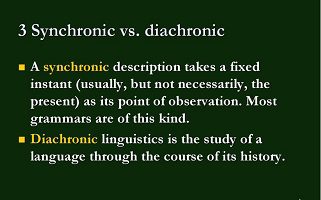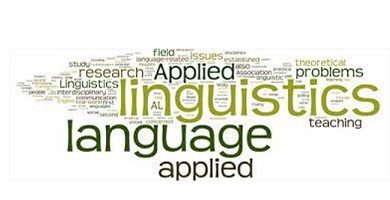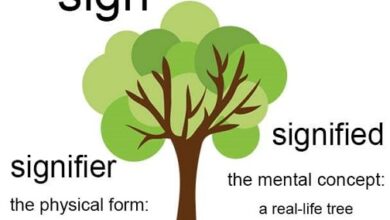Language and Linguistics
Language and Linguistics
Language refers to a system of communication consisting of a set of sounds, symbols, and rules for combining them to convey meaning. It is a fundamental aspect of human communication and is used to express thoughts, ideas, emotions, and more. Englopedia.com will impart you the various concepts of Language and Linguistics to satisfy you knowledge.
Linguistics, on the other hand, is the scientific study of language and its structure, including the study of how languages are acquired, how they change over time, and how they are used in language, such as grammar, phonetics, syntax, and semantics, and how these properties are used to convey meaning in different contexts. Linguistics also explores the social and cultural aspects of language, such as how it varies across regions and among different groups of speakers.
The Englopedia team always keep an eye on the different trends about language and linguistics prevailing in the society and tries to provide you the concepts accordingly as soon as possible.
Through the in-depth study of Englopedia.com you will realize that Language and linguistics are important for several reasons:
Communication: Language is a primary means of communication, allowing individuals to convey thoughts, ideas, and language, humans would have a difficult time expressing themselves and connecting with others.
Cultural Understanding: Language is a crucial part of culture, and studying linguistics helps us understand how language reflects and shapes culture. Through linguistics, we can learn about different cultures, their customs, beliefs, and values, and how language reflects these differences.
Education: Linguistics is an essential component of language teaching and learning. By understanding the structure of language, educators can better teach language skills such as reading, writing, and speaking, helping students to communicate more effectively.
Cognitive Development: Language plays a crucial role in cognitive development, allowing individuals to think, reason, and solve problems. Linguistics helps us understand how language is processed in the brain and how language development influences cognitive development.
Englopedia team will make updated changes immediately to keep their visitors more knowledgeful in this competitive society.
-

The 8 types of advertising signs and their characteristics
Types of advertising signs The types of advertising signs can be divided according to their purpose, content or size. In turn, in…
Read More » -

5 components of language Phonology Semantics and morphology
Language components 5 components of language are phonology, semantics, syntax or grammar, and pragmatics. Thanks to these four aspects, the…
Read More » -

characteristics of linguistics with Linguistic variation
Linguistics Linguistics is the science that is concerned with studying the characteristics of human language . The linguist is responsible…
Read More » -

Features of language in linguistics
Features of language in linguistics Language can have several characteristics, but the following are the most important: language is arbitrary, productive,…
Read More » -

synchronic and diachronic linguistics
synchronic and diachronic linguistics are distinct but complementary concepts used in linguistics to indicate different perspectives on language study: the…
Read More » -

What is applied linguistics
One query that usually got here up within the early lectures of my applied Linguistics course was “What’s applied linguistics?”, usually adopted by…
Read More » -

Importance of linguistics
What’s Linguistics? In a nutshell, linguistics is worried with the complexities and the examine of language. Opposite to finding out…
Read More » -

Branches of linguistics
In specific terms, Linguistics is the science that studies the natural phenomena that occur with verbal language .and also orally. In this way, it…
Read More » -

What is Linguistic Sign definition concept and fundamental idea
Linguistic Sign Any word that has meaning can be considered a linguistic sign: computer; child; book; blue; happiness; … In…
Read More » -
Difference between Philosophical and Theological Knowledge/comparison table
Theological knowledge and philosophical knowledge, like the scientific and the empirical, most of the time are opposed. However, both have more…
Read More »